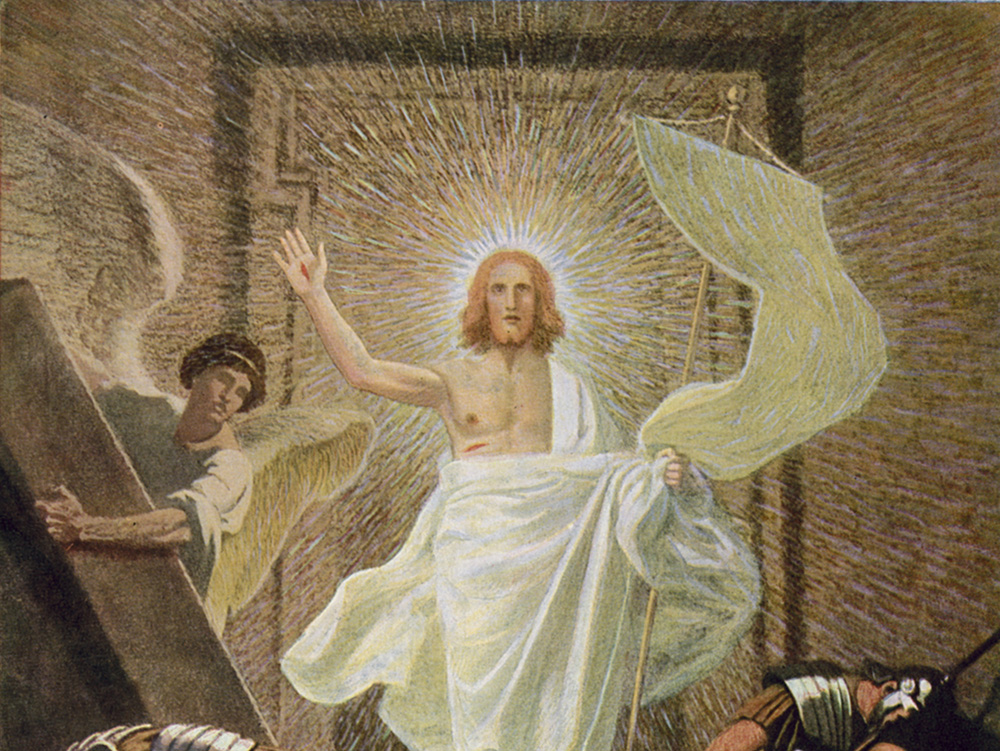Both Matthew and Luke report that on three separate occasions Jesus told his apostles He would be put to death and rise on the third day (see Mt 16:21; 17:23; 20:19; Lk 9:22; 18:33; 24:6-7).
At first glance these words seem to make Jesus’ acceptance of death rather simple: “Yes, I’ll die a cruel death, but in three days I’ll be alive again.” But Jesus made this prediction for the encouragement of the apostles, as He did in the transfiguration.
Even if throughout His passion Our Lord had remembered He would rise, that memory would not have lessened the agony He endured in scourging and crucifixion. His agony was unique. He suffered as no other human being ever has or ever can suffer.
In his sermon on “The Mental Sufferings of Our Lord in His Passion,” St. John Henry Newman offers precious insight. It would seem, he says, that Our Lord’s suffering lacked in intensity because He knew he was innocent and would rise on the third day. But, says the cardinal, we must remember that in His passion Our Lord “put himself under suffering, and that deliberately and calmly.”
St. John Henry Newman believed that in His perfect identification with us sinners, Jesus withdrew from His mind all consciousness of His innocence and His ultimate triumph. In His passion, “He thought only of the present burden which was upon Him, and which He had come upon earth to sustain.”
As fully man and fully God, Jesus suffered the agony with no thought of the future. Perfectly innocent, fully human, fully divine, Our Lord plumbed depths of suffering no human being can even approach.

